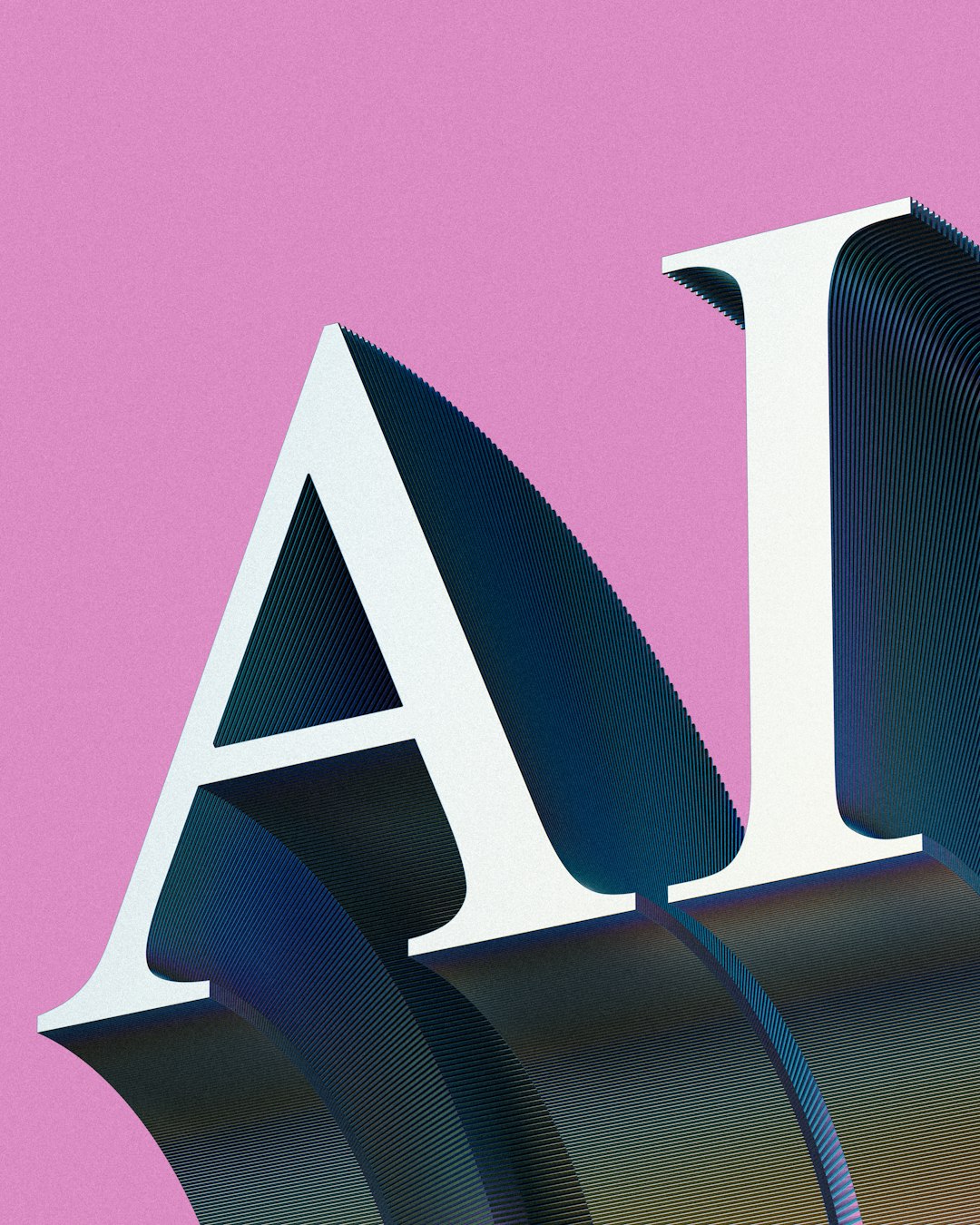Since the emergence of powerful AI models in recent years, comparisons between leading platforms have become increasingly common. One of the most intriguing matchups is between Google’s Gemini 2.0 and OpenAI’s ChatGPT. Both are designed to provide advanced conversational interactions, process complex user requests, and even generate human-like content. But the question remains—is Gemini 2.0 truly as good as ChatGPT? In this article, we’ll delve into the features, capabilities, and performance of both models to offer an unbiased answer.
Core Technology and Architecture
Gemini 2.0 and ChatGPT are both built upon transformer-based architectures that make advanced natural language processing possible. However, there are some notable differences in the technologies they employ.
- ChatGPT is based on OpenAI’s GPT-4 language model, well-known for its large-scale data training and versatility across diverse tasks.
- Gemini 2.0, developed by Google DeepMind, integrates elements from both the Pathways AI and former Bard projects, enabling it to understand and respond in multimodal environments (text, image, and voice).
While both models support a wide range of input forms and can execute general-purpose tasks like summarization, translation, and coding, Gemini 2.0 is explicitly designed for native multimodal interaction.

Performance and Accuracy
The critical determinant of a language model’s usefulness is how well it performs under real-world workloads. In numerous independent benchmarks, ChatGPT-4 has consistently excelled in areas such as reasoning complexity, coding accuracy, and creative writing. However, Gemini 2.0 is showing surprisingly competitive results.
In Google’s own testing, Gemini 2.0 reportedly surpasses GPT-4 in logic-based tasks and certain math-related challenges. Nevertheless, many third-party evaluations suggest that ChatGPT remains superior in linguistic richness and nuanced understanding of user context.
It is important to note, however, that performance can be task-dependent. For instance:
- Gemini 2.0 performs better with image interpretation and audio processing due to its built-in multimodal capabilities.
- ChatGPT provides more coherent and contextually-aware responses over extended conversations.
This makes each model more suitable than the other depending on specific application needs.
User Experience and Interface
Both ChatGPT and Gemini 2.0 aim to provide a seamless user experience, though their approaches differ:
- ChatGPT offers a clean, minimalistic interface available through OpenAI’s web portal and native apps. It also offers plugin support, making it highly extensible.
- Gemini 2.0, integrated more deeply into Google’s ecosystem (e.g., Docs, Gmail, and Android OS), provides a more ubiquitous experience for users already within Google’s ecosystem.
Despite the aesthetic and integration preferences, ChatGPT currently leads in community ecosystem and available add-ons, thanks to the early release of plugins and an active developer base.

Ethical Use and Transparency
Transparency and ethical use have become a cornerstone of modern AI development. OpenAI has published detailed documentation regarding the data sources, limitations, and potential biases of the GPT models. Google, while somewhat less transparent, has still made attempts to justify the safeguards implemented in Gemini 2.0, including filtered data training and reinforced learning from human feedback (RLHF).
In terms of reliability and mitigation of misuse, both models are competitive. However, OpenAI’s established policies give ChatGPT a slight edge when it comes to public trust and documentation.
Conclusion: Head-to-Head Verdict
When comparing Gemini 2.0 and ChatGPT, it becomes clear that each has unique strengths. While Gemini 2.0 excels in multimodal processing and real-time integrations with Google’s suite, ChatGPT continues to dominate in general-purpose NLP, ecosystem extensibility, and community trust.
So, is Gemini 2.0 as good as ChatGPT? The answer is: It depends on what you need.
- If your priority is integration with various content forms (text, image, audio), Gemini 2.0 might be the better choice.
- If you’re looking for nuanced conversation, better plugin support, or widespread community backing, ChatGPT remains the more mature option.
Ultimately, both platforms are pushing the boundaries of what artificial intelligence can accomplish, and their ongoing competition will likely result in even more sophisticated and user-friendly tools in the near future.


